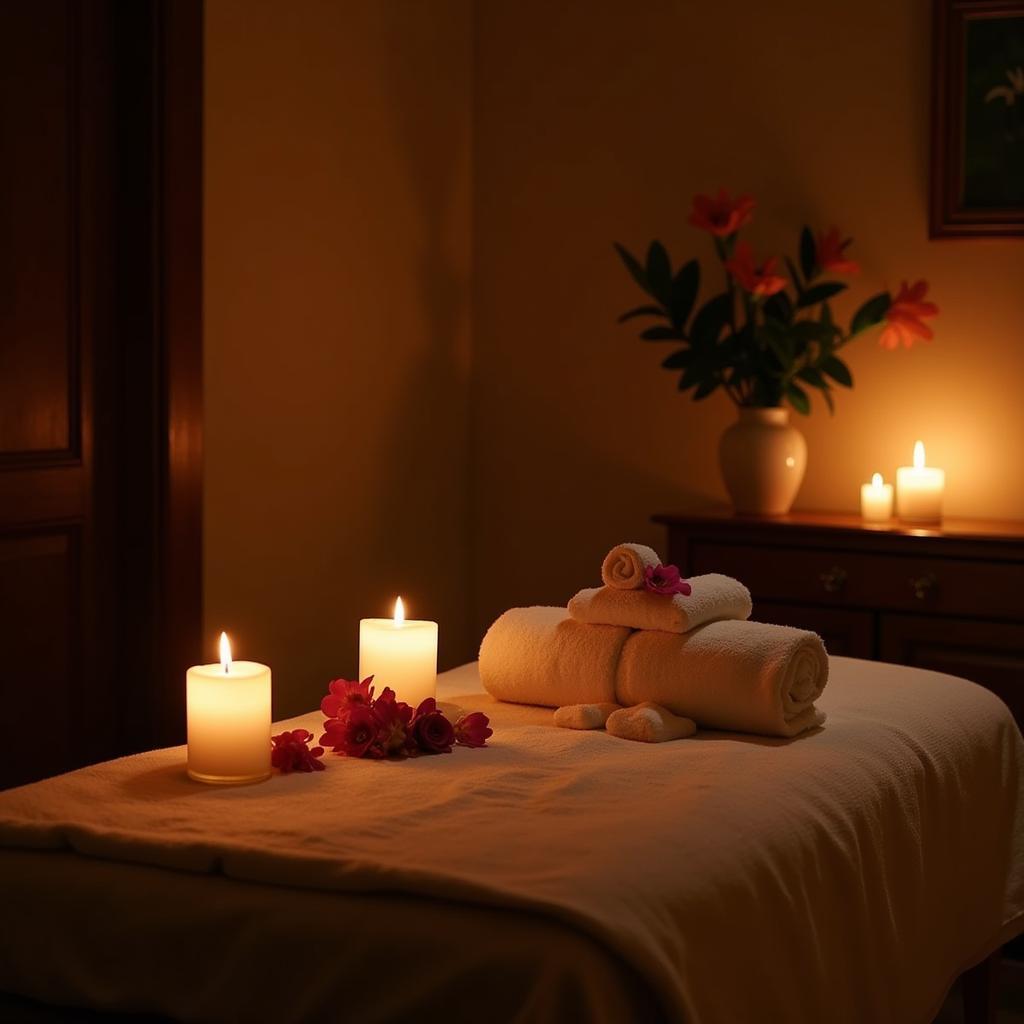When considering self-care and relaxation options, two popular choices often come to mind: spas and floatation therapy. Both offer unique benefits, catering to different needs and preferences. This article delves into a comprehensive comparison of spas and floatation therapy, presented through a “Spa vs. FRA (Floatation-REST-Awareness) Scorecard,” to help you make an informed decision about the best option for your wellness journey.
Relaxation and Stress Reduction
- Spas: Offer a wide range of treatments, such as massages, facials, and body wraps, designed to alleviate muscle tension, improve circulation, and promote relaxation. The ambiance, often characterized by soothing music, aromatherapy, and tranquil settings, contributes to a holistic sense of calm.
- FRA: Floatation therapy involves floating effortlessly in a sensory-deprived environment, typically a lightproof, soundproof pod filled with a shallow pool of Epsom salt solution. This unique experience induces deep relaxation by minimizing external stimuli and promoting a sense of weightlessness, allowing the body and mind to unwind profoundly.
Sensory Experience
- Spas: Engage multiple senses through various aromas, textures, sounds, and sights. The use of essential oils, soft music, and gentle lighting enhances relaxation and creates a multi-sensory experience.
- FRA: Focuses on sensory reduction, creating a deeply immersive experience of stillness and silence. By minimizing external stimuli, floatation allows for heightened internal awareness and a profound sense of tranquility.
Physical Benefits
- Spas: Offer targeted treatments that address specific physical concerns. Massages can alleviate muscle soreness, improve flexibility, and reduce pain. Facials cleanse, exfoliate, and hydrate the skin, while body wraps can detoxify and nourish the body.
- FRA: Provides a unique set of physical benefits due to the high magnesium sulfate content in the floatation solution. Epsom salt is known for its muscle-relaxing properties, pain relief benefits, and ability to reduce inflammation. Floating in the solution also promotes blood circulation and eases joint pain.
Mental and Emotional Well-being
- Spas: Offer a break from daily routines and stressors, providing a dedicated space for relaxation and self-care. Many find spa treatments to be effective in reducing anxiety, improving mood, and promoting a sense of well-being.
- FRA: The sensory-deprived environment of a floatation tank allows the mind to enter a deeply relaxed state, similar to meditation. This can be highly beneficial for reducing stress, improving focus, and enhancing creativity. Floatation therapy has also shown promise in alleviating symptoms of anxiety and depression.
Time Commitment
- Spas: Treatments vary in duration, ranging from 30-minute express facials to multi-hour spa packages. This allows for flexibility in scheduling, catering to different time constraints and preferences.
- FRA: Floatation sessions typically last for 60 to 90 minutes. This extended period in a sensory-deprived environment allows for a deeper level of relaxation and the full benefits of floatation to be experienced.
Cost
- Spas: Prices vary greatly depending on the type of treatment, duration, and location. Spas generally offer a wide range of services at different price points, making them accessible to various budgets.
- FRA: Floatation therapy sessions are often priced comparably to high-end spa treatments. However, many float centers offer packages or memberships that can make it a more affordable wellness option in the long run.
 Relaxing spa treatment room with massage table and candles
Relaxing spa treatment room with massage table and candles
Spa vs. FRA Scorecard
While both spas and floatation therapy offer valuable benefits for relaxation and well-being, choosing the best option depends on individual needs and preferences. Here’s a simple scorecard to guide you:
| Feature | Spa | FRA |
|---|---|---|
| Relaxation | High | Very High |
| Sensory Experience | Multi-Sensory | Sensory Reduction |
| Physical Benefits | Targeted Treatments | Epsom Salt Therapy |
| Mental Benefits | Stress Relief, Mood Boost | Deep Relaxation, Meditation |
| Time Commitment | Flexible | 60-90 Minutes |
| Cost | Varies | Comparable to High-End Spa Treatments |
Conclusion
Ultimately, the “best” choice between a spa and FRA depends on your personal preferences and desired outcomes. If you seek a multi-sensory experience with a range of treatment options, a spa might be the ideal choice. However, if you crave deep relaxation, sensory reduction, and the therapeutic benefits of floatation, FRA could be your perfect match.
Need help deciding? Contact us at Phone Number: 0373298888, Email: [email protected] Or visit us at: 86 Cầu Giấy, Hà Nội. Our dedicated customer care team is available 24/7 to assist you.